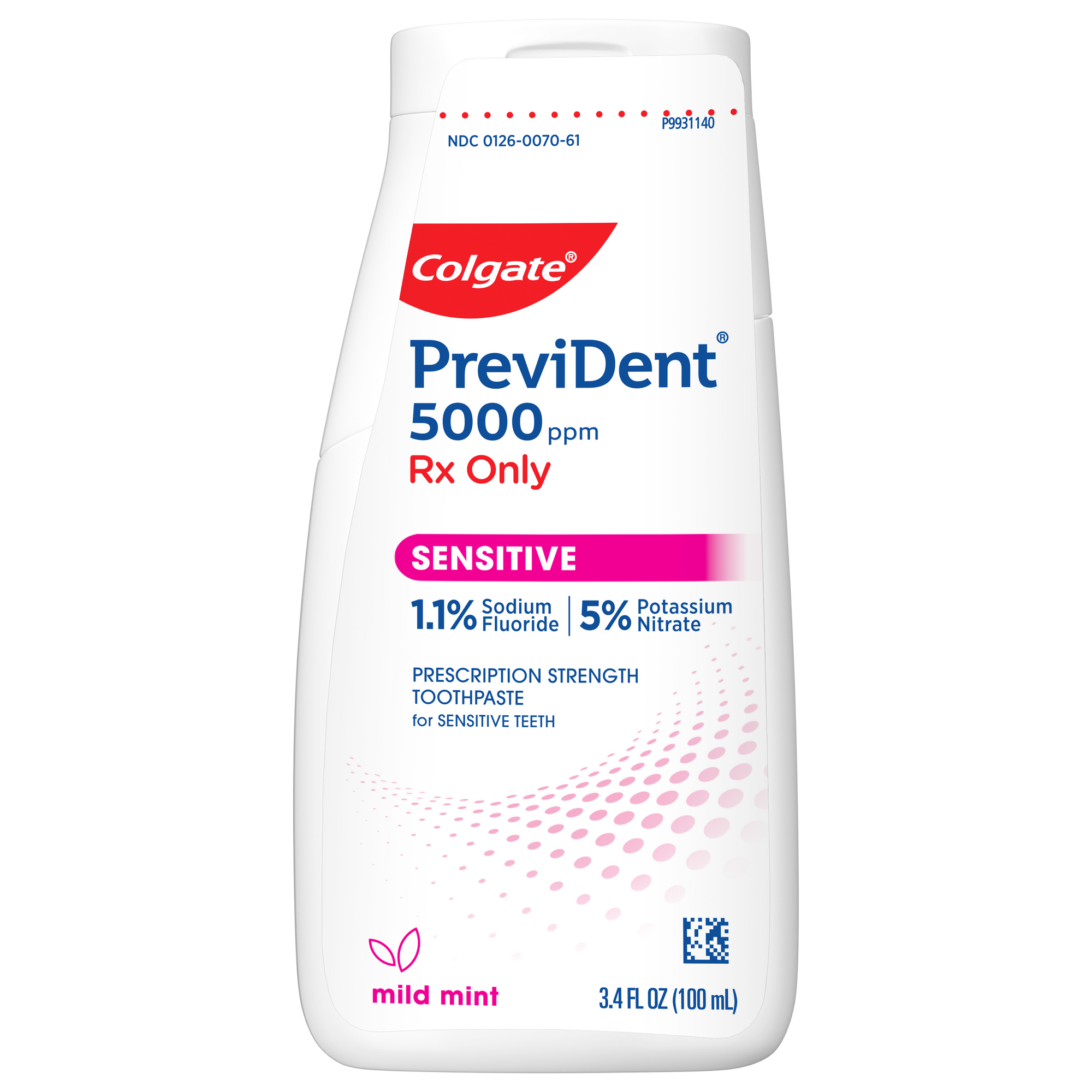Oral mucoceles, sometimes known as oral mucous cysts, are painless blisters that occur on the surface of the mouth. These cysts often appear clear or blue in color while smooth and round in shape. They commonly develop on the lower lip's inner surface, inside the cheeks, and the bottom surface of the tongue. Though mucoceles are usually painless, they may get in the way of chewing, speaking, swallowing, and breathing, depending on their size, which ranges from one millimeter to two centimeters.
What Are Oral Mucoceles?
What Causes Oral Mucoceles?
Mucoceles usually form at or near a salivary gland opening, also known as a salivary duct. Usually, these cysts result from trauma to the mouth. This trauma causes the duct to rupture and the saliva to spill into the connective tissue, which leads to inflammation and swelling. Common culprits for this trauma include lip biting or sucking, cheek chewing, constant contact with a sharp tooth, or continually thrusting the tongue against the teeth.
How Do You Treat Oral Mucoceles?
Your dental professional can usually diagnose an oral mucocele by its appearance. If there is any uncertainty, your dental professional can also perform an ultrasound or biopsy to confirm the diagnosis. In most cases, oral mucocele treatment is unnecessary since the cyst ruptures on its own — usually after three to six weeks.
If the mucocele is persistent or large in size, your dental professional might use cryotherapy, laser treatment, or surgery to remove the cyst. Do not try to remove or rupture the cyst at home. Mucoceles can recur, so your dental professional might recommend removing the damaged or blocked salivary gland as well. They will schedule follow-up appointments to monitor the site.
How Do You Prevent Oral Mucoceles?
You can't prevent all mucoceles from developing, but you can avoid bad habits and products that might lead to their formation. If you have a habit of biting your lip and cheek, put in the effort to stop by determining what triggers the behavior and implementing new habits — like chewing sugar-free gum.
While it might be tempting to take a "wait and see" approach, make an appointment with your dentist right away if you notice any new bumps or lesions in your mouth. Your dental professional can rule out more serious maladies — like oral cancer — and advise on the best course of action. With a dentist's guidance, you can take the right steps to return to a cyst-free mouth as soon as possible.
This article is intended to promote understanding of and knowledge about general oral health topics. It is not intended to be a substitute for professional advice, diagnosis or treatment. Always seek the advice of your dentist or other qualified healthcare provider with any questions you may have regarding a medical condition or treatment.
ORAL HEALTH QUIZ
What's behind your smile?
Take our Oral Health assessment to get the most from your oral care routine
ORAL HEALTH QUIZ
What's behind your smile?
Take our Oral Health assessment to get the most from your oral care routine















